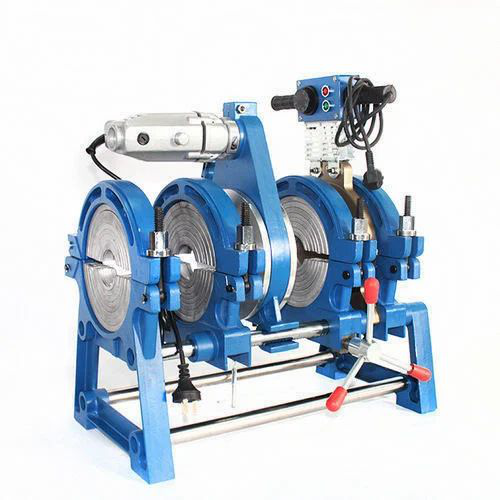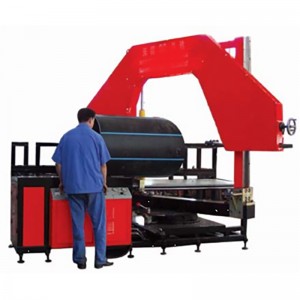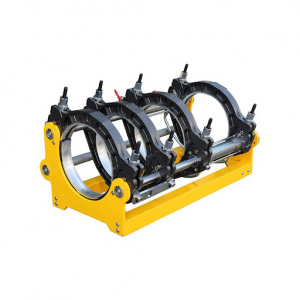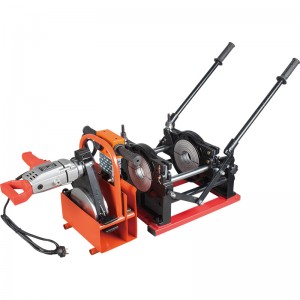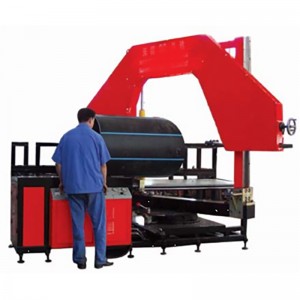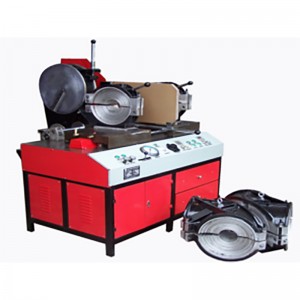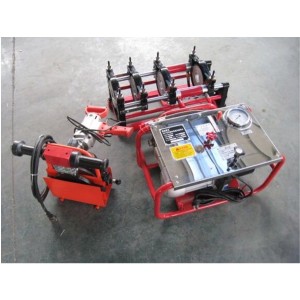Ultimate Guide to PE Pipe Welding Machines: Selection, Operation, and Applications
Introduction to PE Pipe Welding Machines
PE pipe welding machines, also known as butt fusion machines, are designed to join PE pipes and fittings to create a continuous, leak-proof system. The welding process involves heating the pipe ends to a specific temperature before pressing them together to form a strong, homogeneous bond. This method is favored for its reliability and the high quality of the welds it produces.
Types of PE Pipe Welding Machines
● Manual PE Pipe Welding Machines: Require the operator to manually control the heating and cooling cycles. Suitable for small-scale projects or where precision and control are paramount.
● Semi-Automatic PE Pipe Welding Machines: Automate certain aspects of the welding process, such as timing the heating and cooling cycles, to ensure consistency and reduce operator error.
● Fully Automatic PE Pipe Welding Machines: Offer complete automation of the welding process, including pressure, heating, and cooling cycles, ideal for large-scale projects and ensuring high-quality welds with minimal manual intervention.
Choosing the Right PE Pipe Welding Machine
Selecting the appropriate PE pipe welding machine depends on several factors:
● Pipe Size: The diameter and wall thickness of the pipes you intend to weld will determine the size and type of welding machine required.
● Project Scale: Consider the scale of your project. Manual machines may be more cost-effective for small, occasional jobs, while semi-automatic or fully automatic machines are better suited for larger, more frequent welding tasks.
● Operator Skill Level: Fully automatic machines reduce the need for highly skilled operators, as they control most of the welding process parameters automatically.
● Budget: While automatic machines offer greater consistency and efficiency, they also come with a higher upfront cost. Balance your budget with your project requirements and long-term efficiency gains.
Operating Tips for PE Pipe Welding Machines
● Proper Preparation: Ensure that pipe ends are cut squarely and cleaned thoroughly before welding.
● Optimal Temperature: Adhere to the recommended temperature settings for the specific type of PE pipe being welded to avoid weak joints.
● Correct Pressure: Apply the correct pressure during the welding process according to the machine's specifications and the pipe's diameter.
● Cooling Time: Allow sufficient cooling time under pressure to ensure the formation of a strong bond.
Applications of PE Pipe Welding Machines
PE pipe welding machines are essential for a wide range of applications, including:
● Water Supply Systems: For creating durable water pipelines that are resistant to environmental stress and chemical corrosion.
● Gas Distribution Networks: To ensure leak-proof gas pipelines with high resistance to crack propagation.
● Sewage and Drainage Systems: For constructing robust and leak-proof sewage lines.
● Irrigation Systems: In agriculture, to build efficient and durable irrigation networks.
Conclusion
PE pipe welding machines are vital tools in the construction and maintenance of reliable pipeline systems. By understanding the types of machines available, selecting the right machine for your needs, and following best operating practices, you can ensure the integrity and longevity of your PE pipe installations. As the demand for durable and efficient pipeline systems grows, the role of PE pipe welding machines in ensuring high-quality welds becomes increasingly important.

